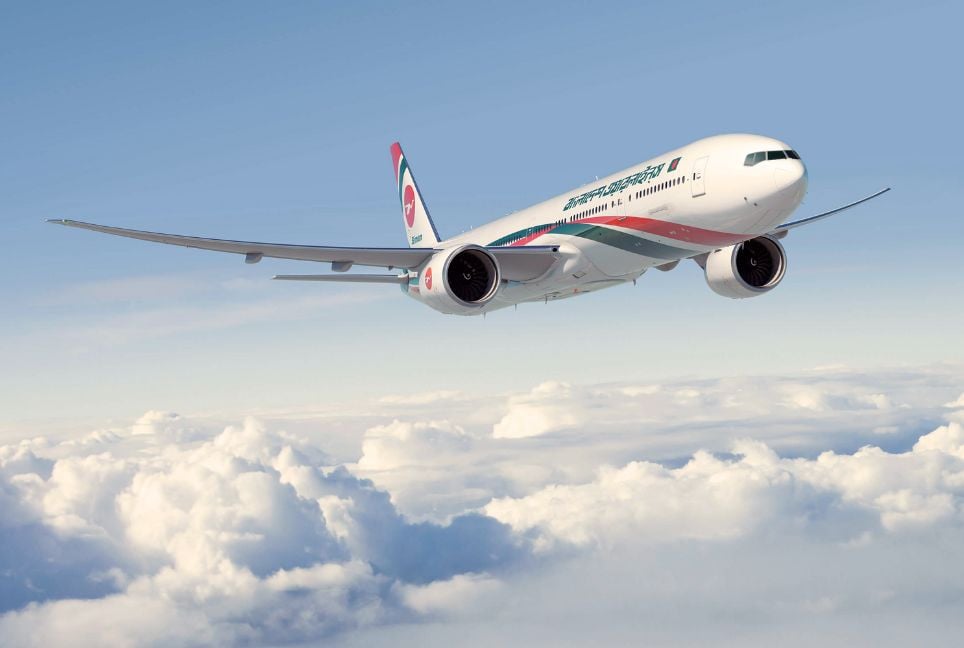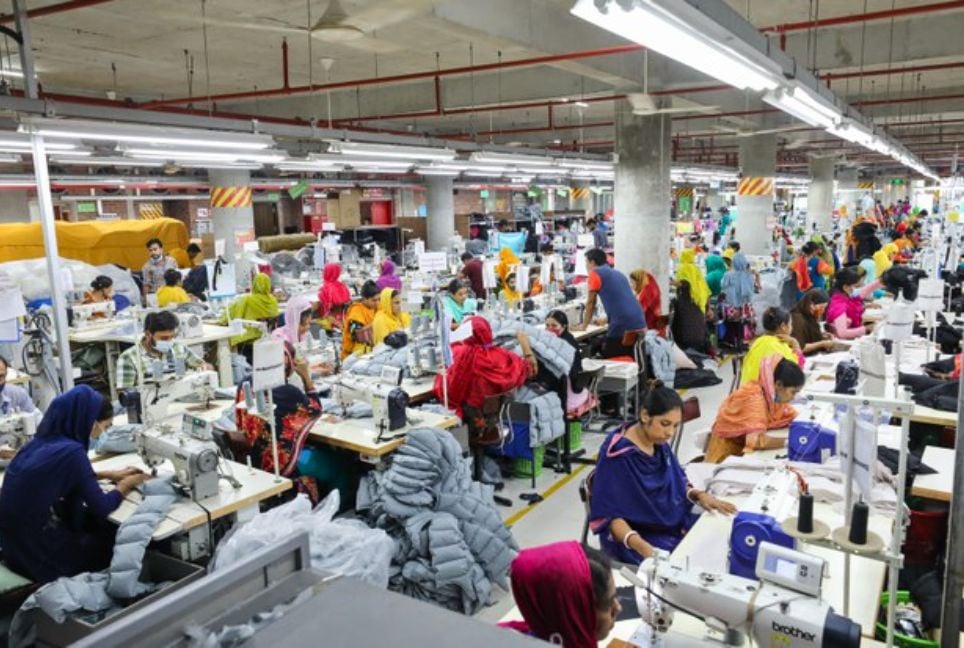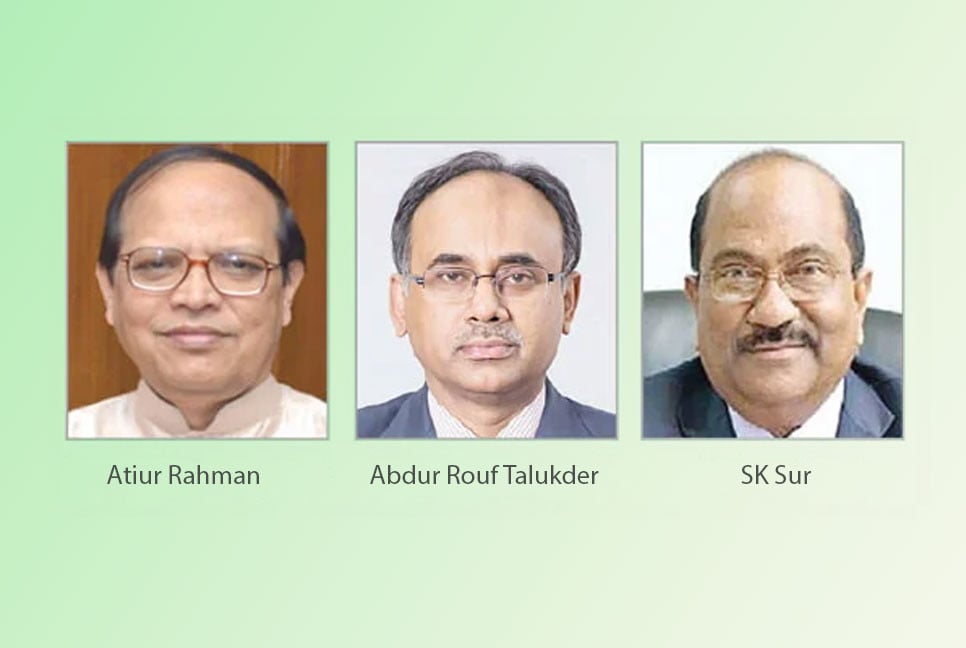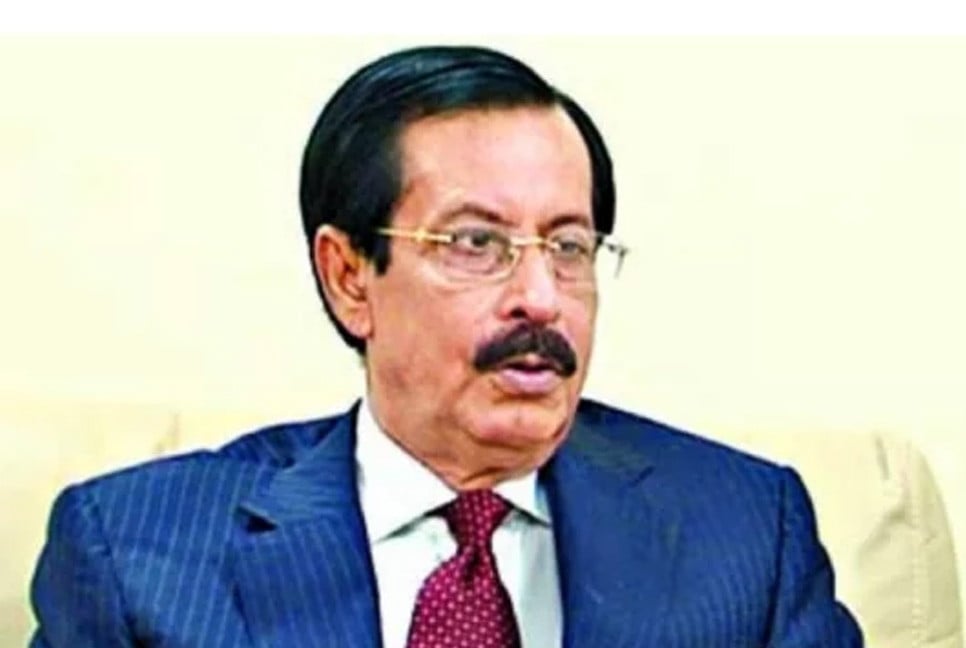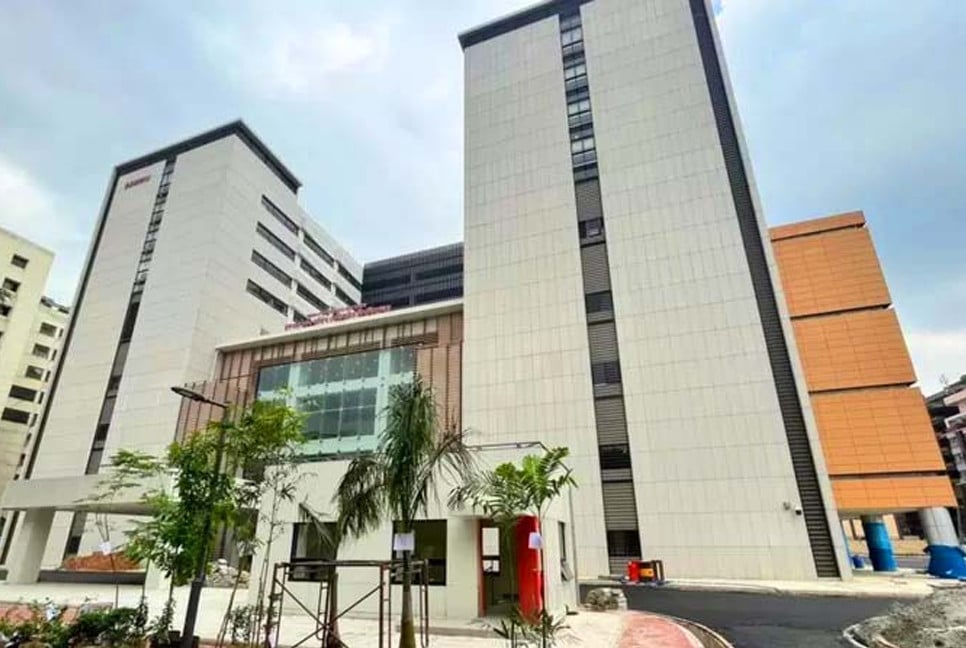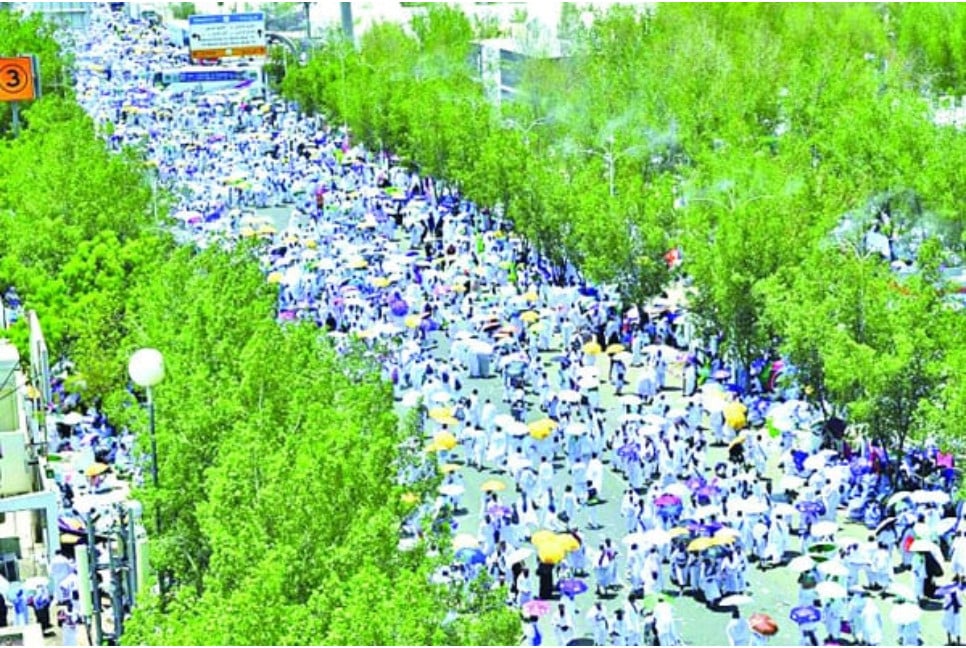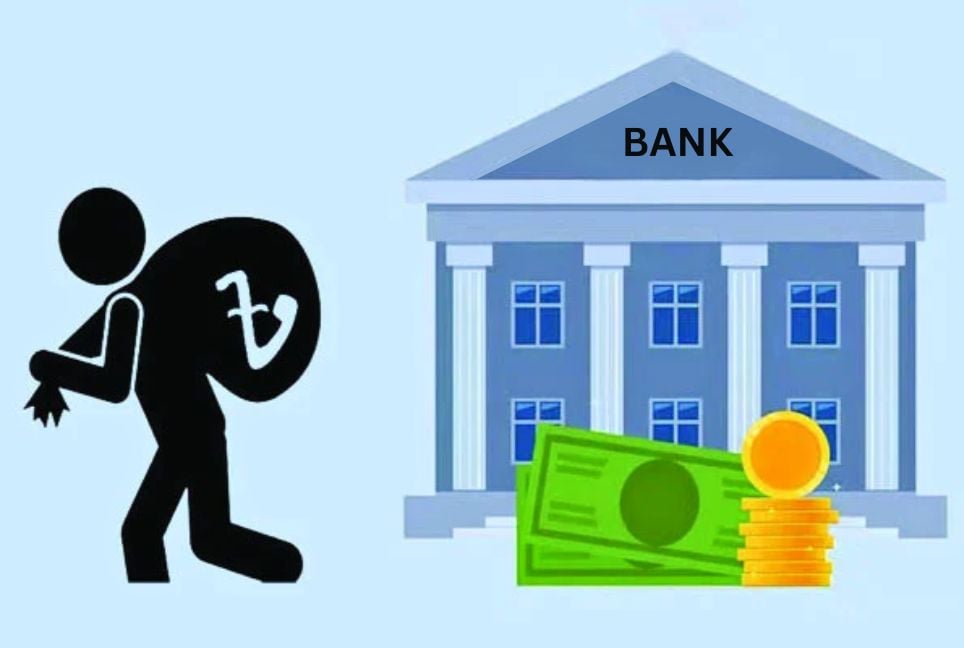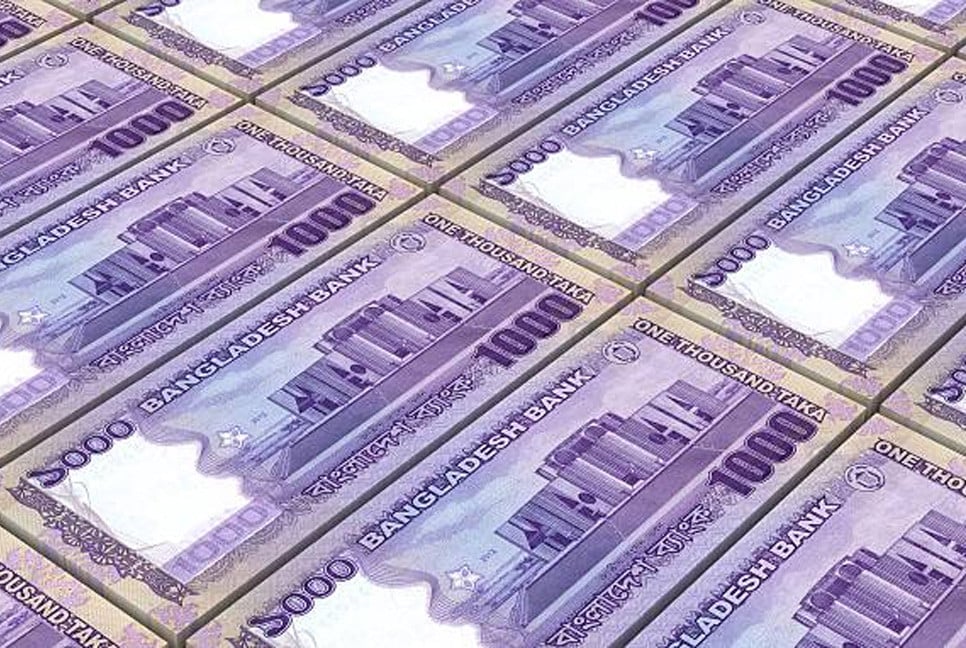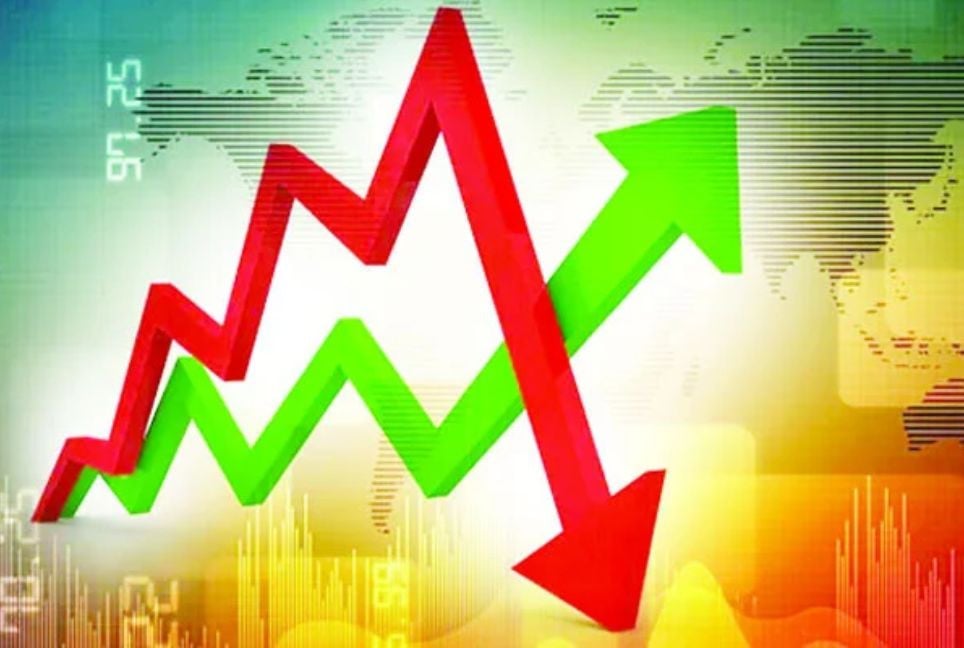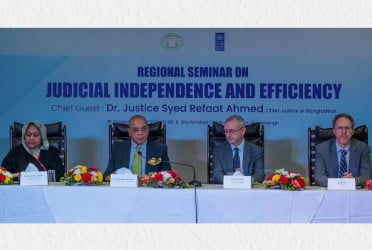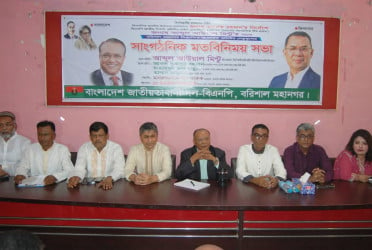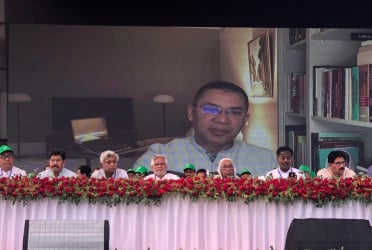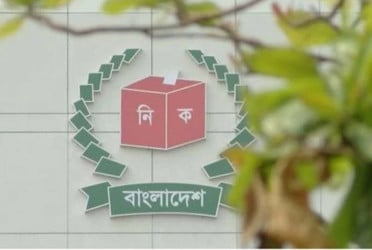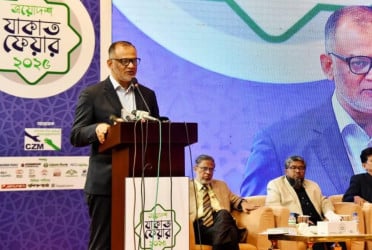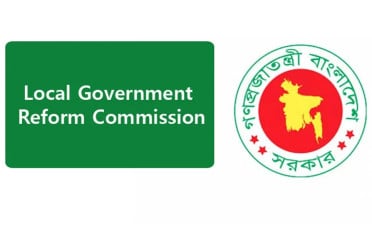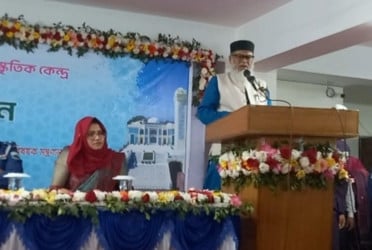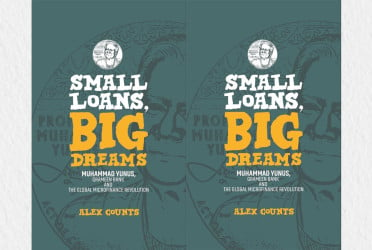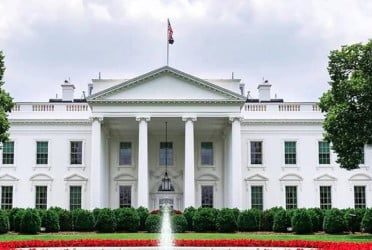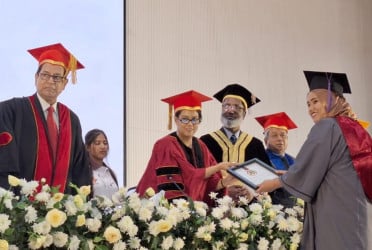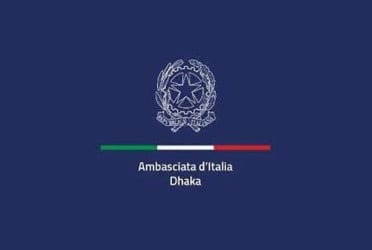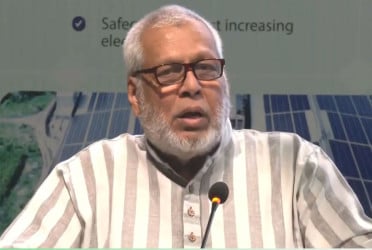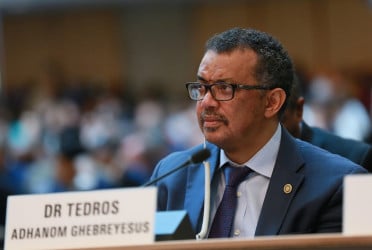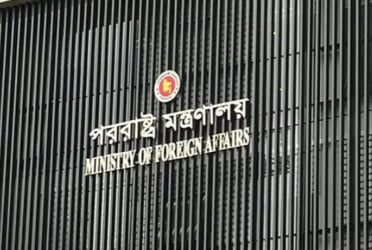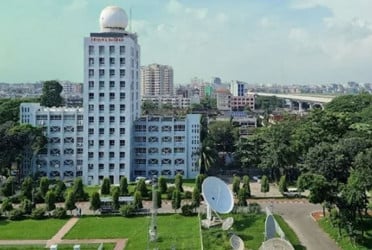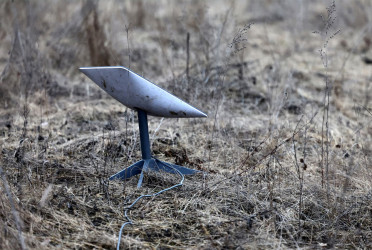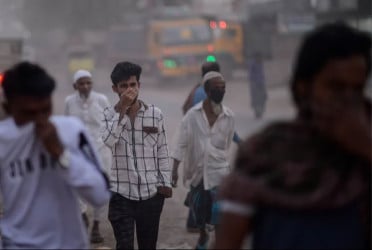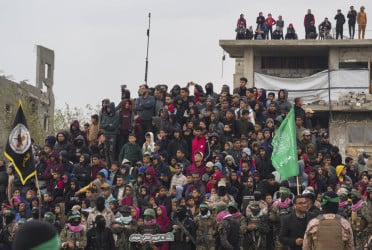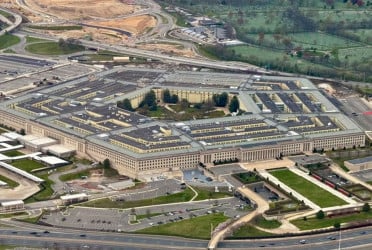The government of Bangladesh is now in strong position to face the challenge of global economic risk. Bangladesh Bank has identified three potential risks ahead for the economic situation of the country. However, according to the governor, Bangladesh’s economy won’t collapse for any of these shocks.
In fiscal year 2022-23, three global challenges have been recognized for the economy of Bangladesh. The challenges are the duration and extent of Russia-Ukraine war, the aggressive activities of increasing interest rates of Federal Reserve System and the Covid-19 situation of China.
Bangladesh’s economy will be in a strong position if it does well in these three indexes. Even, if it can’t do well, then Bangladesh Bank will also be in strong position to tackle the situation, according to the authorities concerned.
About the matter, former advisor of caretaker government, Dr ABM Azizul Islam told The Bangladesh Pratidin, “The statement of BB is right as various international organizations gave statement by mentioning Bangladesh’s GDP growth rate around 6 percent. Its good compared to the recession even in the developing countries and their negative growth. However, we’ve to keep more attention to matters like varied exchange rates in foreign currencies and continuously decreasing reserve.”
In this regard, BB chief economist Habibur Rahman said, “The economic condition of the country depends on three global issues. Firstly, it depends on the extent and duration of Russia-Ukraine war. Secondly, the longevity of increased interest rate of US Federal Reserve System. Thirdly, the Covid-19 situation of China as it will create threat to Bangladesh and rest of the world if they open everything.”
According to the sources concerned, BB issued monetary policy considering these risks. BB remains alert to prevent any unexpected situations in the economy and they took some initiatives to tackle the risks. Among these, the important one is making the single exchange rate of dollar effective. At present, the dollar exchange rates are different. BB is working to make effective the single exchange rate of dollar within June 2023. In this exchange rate, the maximum difference between dollar buying and selling will be .2 percent on point basis.
BB has formed a pre-financing fund of Tk 50,000 crore for speeding up export-import by means of creating more production, investment and employment opportunities. They’re also regulating the process of importing essential products, in addition to imposing restrictions over importing luxurious goods. Additionally, the quota of selling dollars in retails has been decreased. The process of opening foreign currency account of the foreigners has been made easy, while interest rate of foreign currency account has been increased. Besides, BB keeps an alert eye on retaining the liquidity in banks of the country. Last but not the least, to stop hundee, the income of the expatriates is set to bring into the country by using mobile banking. They have also taken initiatives to increase export revenue and expatriates income. These initiatives are bringing good results as the difference between export and import income has been decreased. Furthermore, BB has been doing due diligence investigation while opening loan of credit with a view to stop money siphoning during over invoicing and under invoicing.
In the event of announcing currency policy, BB governor Abdur Rouf Talukder said, “Our economy has deep perseverance and it won’t collapse due to sudden shock. We’ve built the economy like that.”
About the three global indexes, the governor said, “Our economy won’t struggle even if these three indexes become worsen. We won’t be plunged into bad situation.”
Meanwhile, World Economic Forum on January 12 said that Bangladesh was in five types of risks. About Bangladesh, the organization said inflation stretched for long time was the main risk of its economy. The rest four risking sectors have been identified as debt crisis, high commodity price, man-made environmental crisis and geopolitical competition in pursuing resources.
@The report was published on print and online versions of The Bangladesh Pratidin on January 19 and rewritten in English by Lutful Hoque


